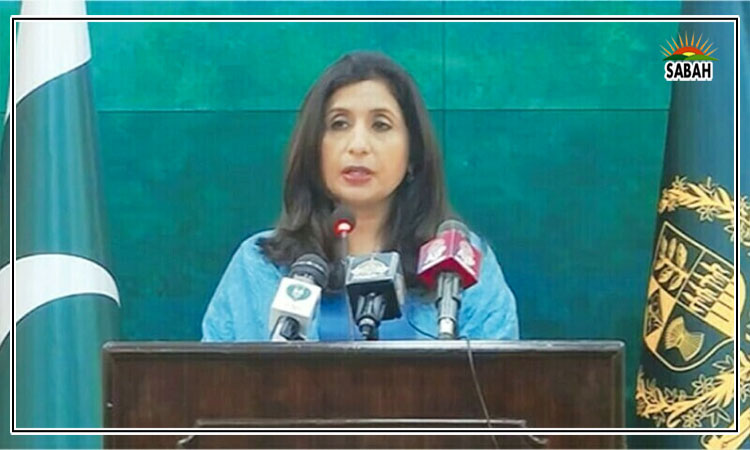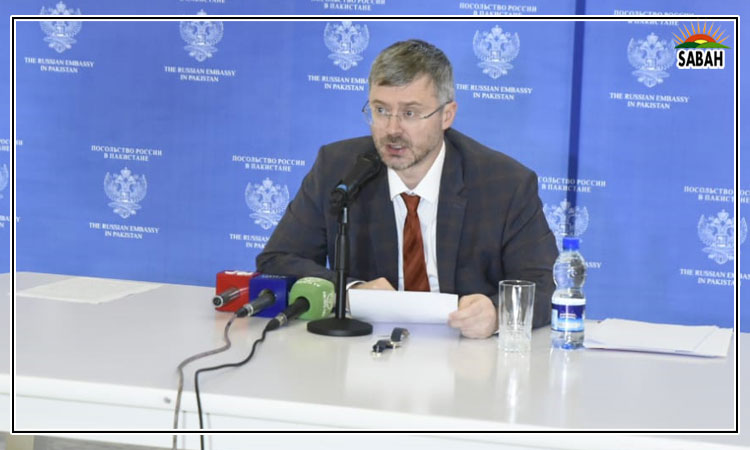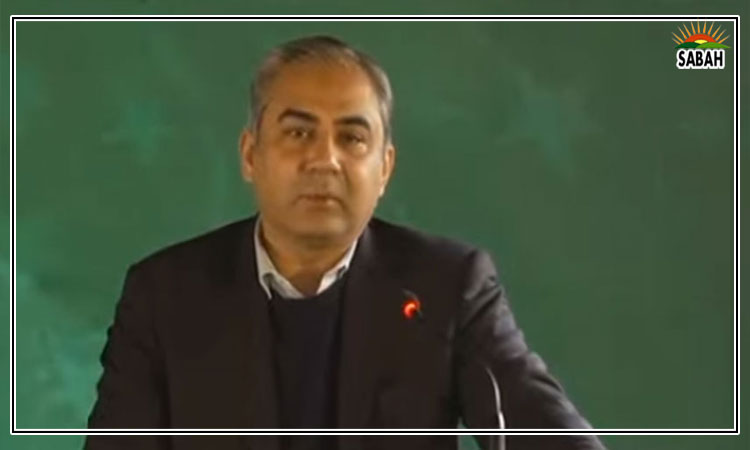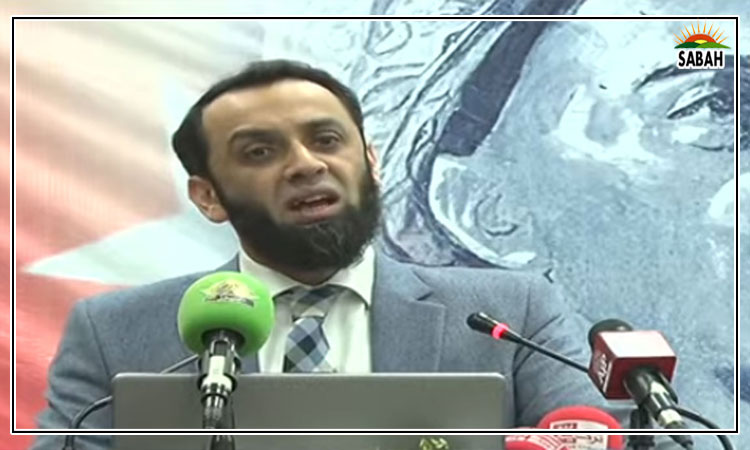A water-wise world…Zile Huma
World Water Week 2023, an international conference, was held from August 20 to August 24 in Stockholm, Sweden and highlighted the importance of water on our planet, emphasizing the challenges arising because of water scarcity in different parts of the world.
The theme of the conference Seeds of Change: Innovative Solutions for a Water-Wise World calls us to shape our policies and strategies to escape from water dearth on our planet.
Water plays multiple important roles in our lives. First, water is essential for our health; it keeps our body temperature normal and nourishes our body with important salts and minerals. Body waste is removed through perspiration and urination to keep the body healthy.
Similarly, water plays an important role in our economy as well. It is used in agriculture, hydropower generation and domestic consumption and plays an important role in economic growth. According to the United Nations Education, Scientific and Cultural Organization (Unesco), Agriculture uses the major share (69 per cent) of global freshwater resources.
Water is also a source of employment generation associated with agriculture, fisheries, hydropower projects, sea-bed mineral exploration, ships crew, hydrologists, and others. It plays an important role in developing our social structures by designing settlements. Several communities have built their houses and inhabited near water bodies to fulfill basic needs.
Today, water is gradually becoming a scarce natural resource. It has become an important component of international politics among nations due to its scarcity. According to the WWF, by 2025, two-thirds of the worlds population may face water shortages. And ecosystems around the world will suffer even more.
Water sources are facing numerous challenges. First, climate change is the biggest existential threat. The summer is getting longer as compared to the winter. Heatwaves have become a frequent phenomenon all around the world. Record-high April temperatures have been recorded across Thailand, Myanmar, Laos, and Vietnam, as well as in China and South Asia this year. These heatwaves result in droughts, glacier melting, forest fires and floods, thus generating water shortages. Recently, forest fires in Turkey disrupted the communication lines in the Dardanelles Strait.
Second, unsustainable consumption patterns also lead to lower water tables. A large amount of water is wasted in our daily lives when we are washing our faces, cars, and clothes due to our careless attitude. Third, the mushroom growth in the population requires more water needs. More humans mean more requirements for food, shelter, and washing, which is impossible without the availability of water.
According to Unicef, four billion people almost two-thirds of the worlds population experience severe water scarcity for at least one month each year. Over two billion people live in countries where water supply is inadequate. Half of the worlds population could be living in areas facing water scarcity by as early as 2025.
Some 700 million people could be displaced by intense water scarcity by 2030. By 2040, roughly one in four children worldwide will be living in areas of extremely high water stress. These figures are alarming, and such a pessimistic situation can eliminate human existence from our planet.
The fourth important reason for water shortage is pollution and hazardous waste. Waste from factories and hospitals is discharged into water bodies, contaminating them and making them unfit and unhealthy for drinking and other purposes. Besides this, these poisonous substances create many health problems .Fifth, people lack awareness about the importance and scarcity of water. They do not possess information and knowledge about the modern techniques to use water efficiently especially in the developing countries.
Sixth, many developing countries lack enough water reservoirs to safe rainwater to meet their future needs. Resultantly, millions of gallons of water are wasted. The absence of rule of law or lack of implementation of the existing laws deteriorate the situation further.
Keeping in view the water emergency, several ideas can help improve water management and save our planet from water scarcity. There is a great need to introduce modern technologies in our agriculture systems. Using methods like drip irrigation and crop rotation can optimize water consumption and increase yield. Such methods are getting gaining attention across the world.
Similarly, there should be proper arrangements for waste management through landfills and allocated dumping sites instead of discarding the waste into water bodies. We also need to alter our daily habits and use water wisely. The governments should invest in building small dams to reserve water to cater to needs at the local level. More research and studies should be conducted to enhance water management.
Special care should be taken for any leakages in water pipes supplied to urban areas. It is important to engage young minds for awareness purposes; their active participation in finding solutions for water conservation will be beneficial.
It is important to create public awareness through seminars, conferences, and media. Only timely actions taken for water management and conservation can make a water-wise world.
Courtesy The News












